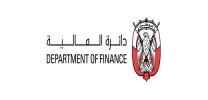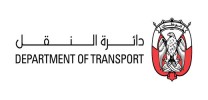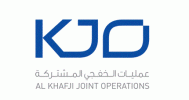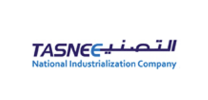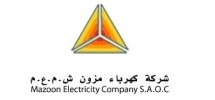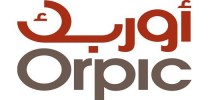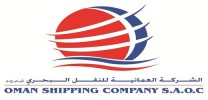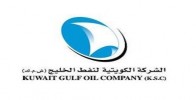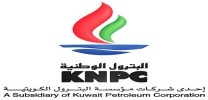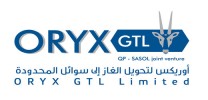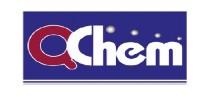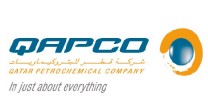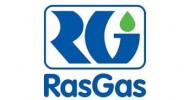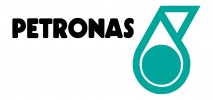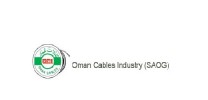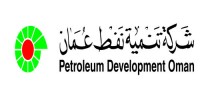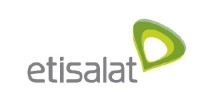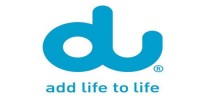
Cost Analysis to Support Strategic Decisions
Course Introduction:
Cost control is one of the most widely used tool for planning and monitoring organizational activities, as well as to support future strategic decision. Importantly, cost analysis is inextricably linked with strategy formulation, the budgetary process and performance management. It is crucial to interpret how costs behave so that realistic budgets and plans can be produced, and appropriate financial and non-financial resources can be made available to the business. This programme will allow you to explore the traditional tools of cost analysis and control as well as new advanced approaches, which reflect and respond to the current complex business environment. In particular, you will learn:
· the cause-and-effect relationship among business strategy, operational objectives, measures and targets, and systems of performance measurement and reporting
· traditional techniques of cost analysis and control
· advanced costing and management techniques (ABC, ABB, ABM, target costing)
· overhead cost allocation and reduction
· the balanced scorecard construction and implementation
Course Objectives:
· Enhance cost awareness and its relationship with strategy
· Describe specific cost analysis and performance measurement techniques
· Select the costing measurement system that works
· Select the systems of performance measurement that works
· Discuss real case studies
· From cost to strategy to performance measurement
· Broadening the management accounting knowledge
· Deliver more timely and useful information to decision makers
· Identify and manage key financial and non-financial indicators for the business
Who Should Attend?
-
All business disciplines and sectors of industry, irrespective of functional responsibilities, where personnel have to plan and cost and who are responsible for strategic analysis
-
Other professionals who would benefit from having the opportunity to consider new ideas and methods and personnel on a fast-track development
Course Outline:
Module One
· Introducing the linkages between strategy and costing
· Managing contemporary organisation
· Strategic Plan, Budgeting, Costing and Management Control
· Management Accounting for organizational control systems
· Responsibility accounting and the process-view
Module Two
Cost analysis and classifications
· Cost terms and classification
· Inventoriable vs. period costs
· Manufacturing vs non-manufacturing costs
· Variable vs. Fixed costs (CVP analysis)
· Direct vs. indirect cost
· Under-costing and Over-costing problems
· Problems and Examples – Case study illustration
Module Three
From cost accounting to management control
· Cost allocation: traditional costing and activity-based costing (ABC)
· From traditional budgeting to Activity-based budgeting (ABB)
· Activity-based management
· Decentralized organizations
· Cost/Profit/Investment centers
· Transfer-pricing issues
· Problems and Examples – Case study illustration
Module Four
Flexible budgets and variance analysis
· The features of budgetary control
· Define the master budget and explain its major benefits to an organization
· Describe the difference between a static budget and a flexible budget
· Compute flexible-budget variances and sales-volume variances
· Explain why standard costs are often used in variance analysis
· Integrate continuous improvement into variance analysis
· Case study, problems and exercises
Module Five
· Linking strategy to actions: Beyond costing
· Shortcomings of traditional approaches to measurement
· The Balanced Scorecard: linking Strategy to Performance Measurement
· Financial perspective, Customer perspective
· Internal Business Process perspective, Learning and growth perspective
· Developing and adapting scorecard
· Case study illustration
Course Methodology:
A variety of methodologies will be used during the course that includes:
· (30%) Based on Case Studies
· (30%) Techniques
· (30%) Role Play
· (10%) Concepts
· Pre-test and Post-test
· Variety of Learning Methods
· Lectures
· Case Studies and Self Questionaires
· Group Work
· Discussion
· Presentation
Course Fees:
This rate includes participant’s manual, Hand-Outs, buffet lunch, coffee/tea on arrival, morning & afternoon of each day.
Course Timings:
Daily Course Timings:
08:00 - 08:20 Morning Coffee / Tea
08:20 - 10:00 First Session
10:00 - 10:20 Coffee / Tea / Snacks
10:20 - 12:20 Second Session
12:20 - 13:30 Lunch Break & Prayer Break
13:30 - 15:00 Last Session





.jpg)

























